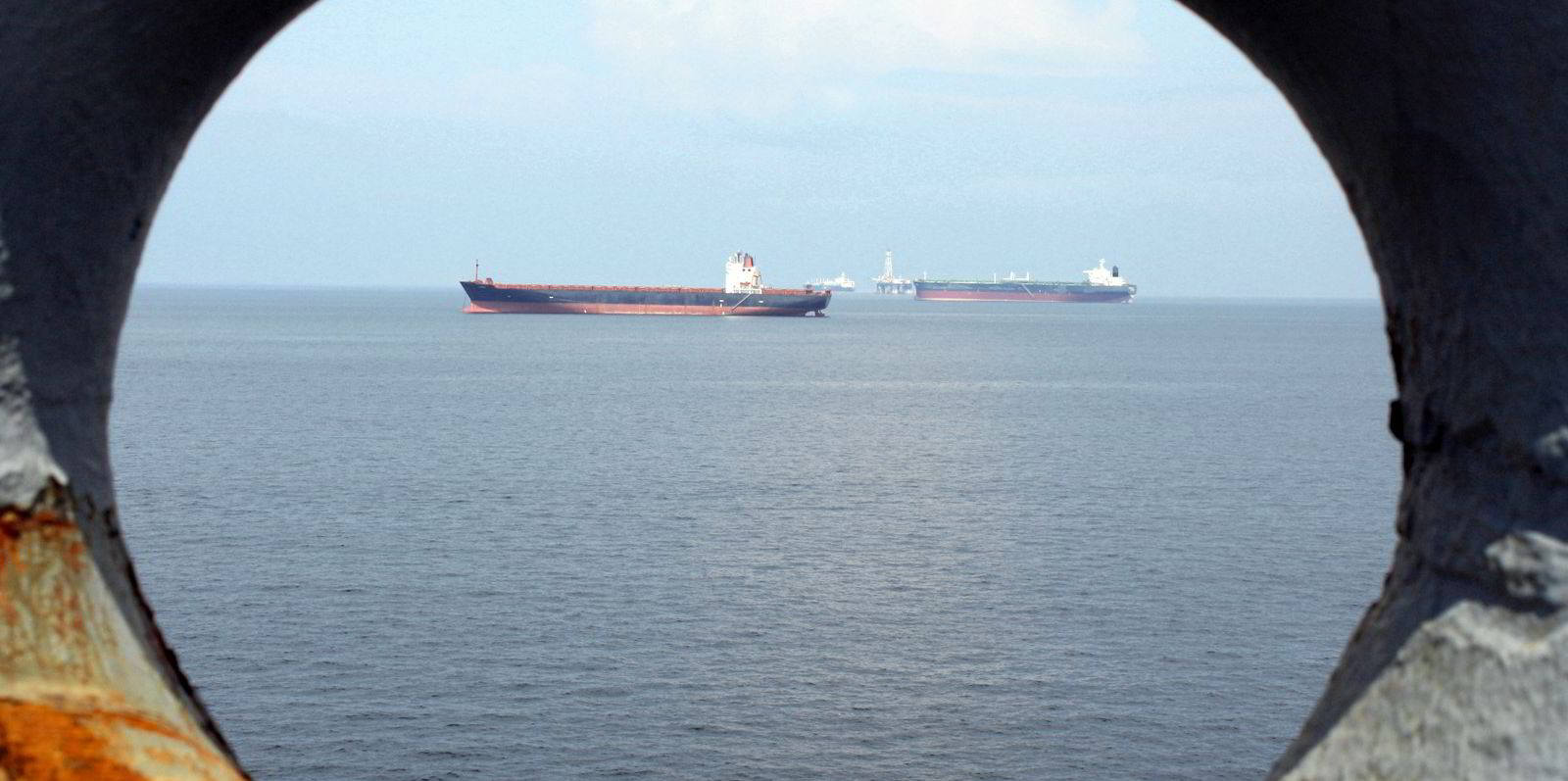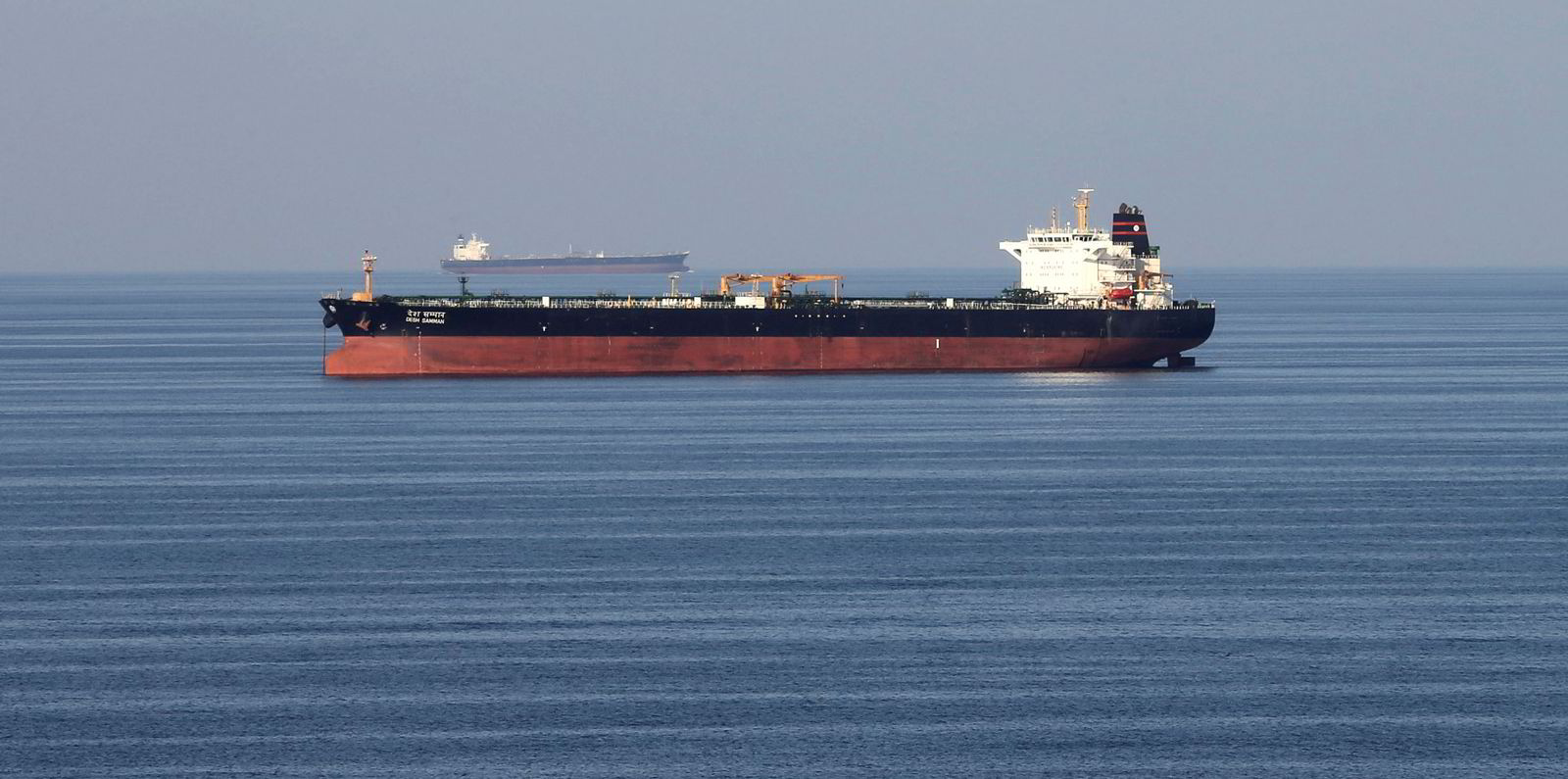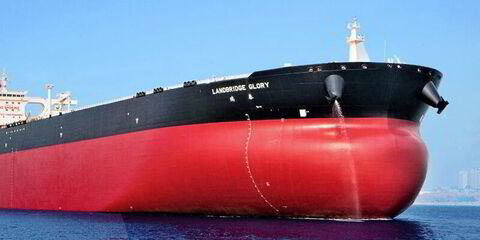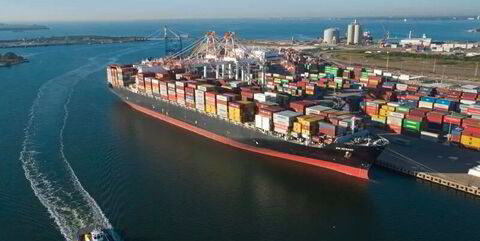The seizure of two Greek tankers by Iran’s Revolutionary Guard and their forced sailing to Bandar Abbas last weekend is just the latest twist in a year when geopolitics became as dangerous as bad weather to shipowners.
The government authorities in Tehran insisted the boarding via helicopters of the 150,000-dwt Prudent Warrior (built 2017) and 157,400-dwt Delta Poseidon was part of a routine port state control inspection.
Take that with a pinch of salt. The capture was almost definitely a political act in retaliation for a Greek court decision to allow Iranian crude on the Iranian-flagged, 115,400-dwt aframax tanker Lana (built 2013) to be transferred to the US.
‘Phantom fleet’
Washington is still applying strict sanctions against Tehran over the export of oil due to the failed agreement between the two countries over Iran’s desire to expand its nuclear programme.
These political fissures have already caused deep concern in the wider shipping industry as a sizeable “phantom fleet” of tankers has developed specialising in sanction-busting with Iran and Venezuela.
This work is carried out generally with as many as 100 VLCCs and suezmaxes over 20 years old, which critics claim carry a significant environmental risk.
It also means ships that should or would have been scrapped in normal circumstances are being used to trade, causing difficulties for blue-chip owners in an over-tonnaged tanker market.
The existence of this phantom fleet operating beyond the law and decried by legitimate owners such as Frontline points up the unwillingness of the US and wider global maritime authorities to police their sanctions rigorously.
But let’s be honest, the opaque financial, ownership, and flag structures that proliferate widely in the maritime world, make it much easier to operate and hide phantom ships.
The opaque financial, ownership, and flag structures that proliferate widely in the maritime world, make it much easier to operate and hide phantom ships
The ease with which vessels can switch names and registers aids and abets bad actors who are often in the business of switching off call signs too.
And it’s not just the oil world that is being affected. Norwegian shipowner Avance Gas complained last week that an unmonitored “rogue” fleet of as many as 30 mainly elderly VLGCs were involved in sanctioned Iranian gas exports.
Governments of many stripes play a role in this messy situation. Fortunately, we now know US President Joe Biden is considering easing sanctions on Venezuela so that more crude can move to Europe as it tries to wean itself off Russian crude in a bid to punish Moscow for the invasion of Ukraine.
So, given the apparent flexibility of US sanction policies, you have to think the best way of allowing Europe to reduce its dependency on Siberian oil and gas would be to tie up a new nuclear deal with Iran that would allow legal exports from that country, reducing global energy prices and inflation as well as helping to regularise shipping.
In the meantime, the complexity continues as Russian exports — hit by sanctions, Western protests plus soaring insurance costs — use different ways to get their goods to market.
A US ban on imports came into effect in April and the European Union has followed this week with a partial ban. Meanwhile, the UK has said it will halt oil imports from Russia by the end of this year. Already Moscow is moving its oil and gas away from the West towards India, Singapore and China.
There has been an enormous surge of ship-to-ship (STS) transfers of Russian oil and products off the coast of Greece — up 60% in April on the four weeks before that.
Steering clear
Traders say the fuel oil is being stored and blended off Kalamata in tankers before being placed in other vessels for wider export. Many Western owners are steering clear of the Black Sea for fear of getting embroiled in sanctions and incurring the higher cost of insurance.
Frontline chief executive Lars Barstad told a conference last week that his company was abiding by sanctions but admitted it was “difficult to answer” whether Russian oil products moved to Asia via Greek STS transfers should be considered off limits or not indicating it was up to individual owners to make their mind up.
But owners don’t need to break sanctions to run into trouble as the tankers being seized by Iran show. After Covid, geopolitics has become the new maritime minefield.(Copyright)





